The fisherman from Senegal keeping Spain’s vessels afloat
Babou Diouf tells Nacho Doce about the perilous journey that brought him to Spain, where foreign workers are crucial to the survival of the EU’s largest fishing fleet
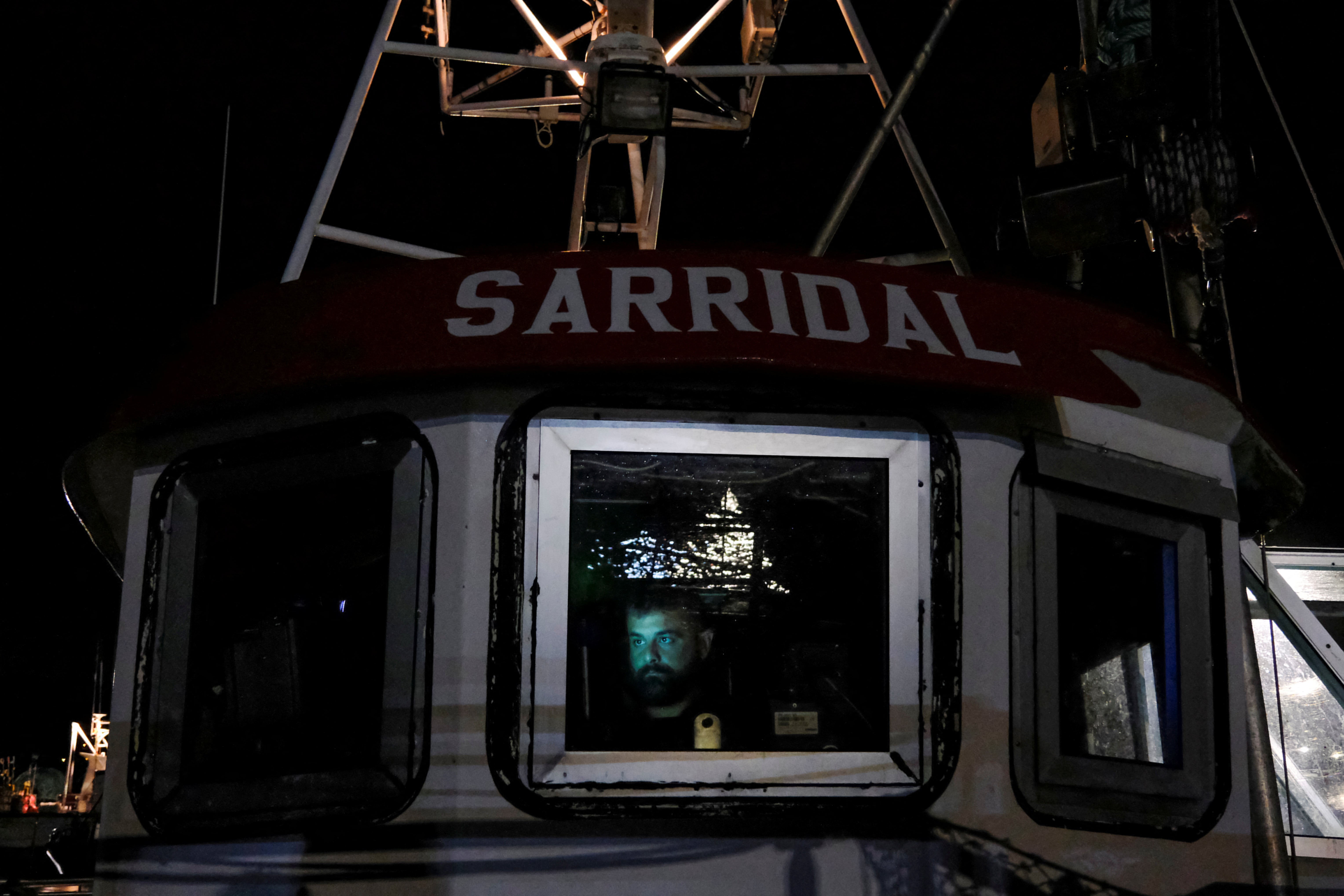
Watching news of Senegalese migrants arriving on the Canary Islands stirs memories for Babou Diouf of the same perilous journey he undertook 17 years ago and his arduous path to his new home – Burela, on Spain’s northern coast.
Diouf, 46, a fisherman from Bassoul in Senegal’s Sine Saloum delta, was part of a migration surge in 2006 from West Africa through Spain’s Canary Islands, which lie around 100km (60 miles) off Africa’s northwestern coast.
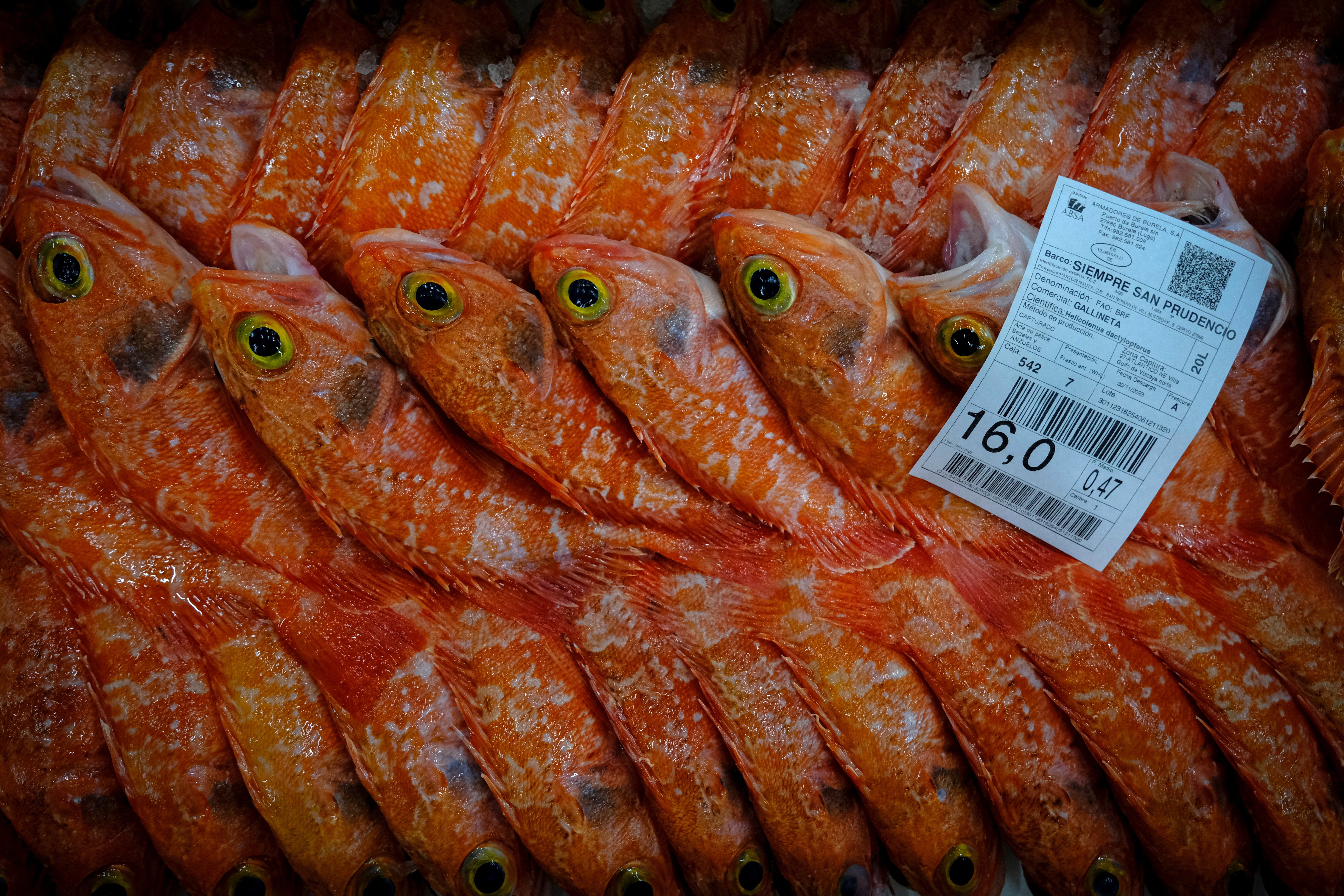
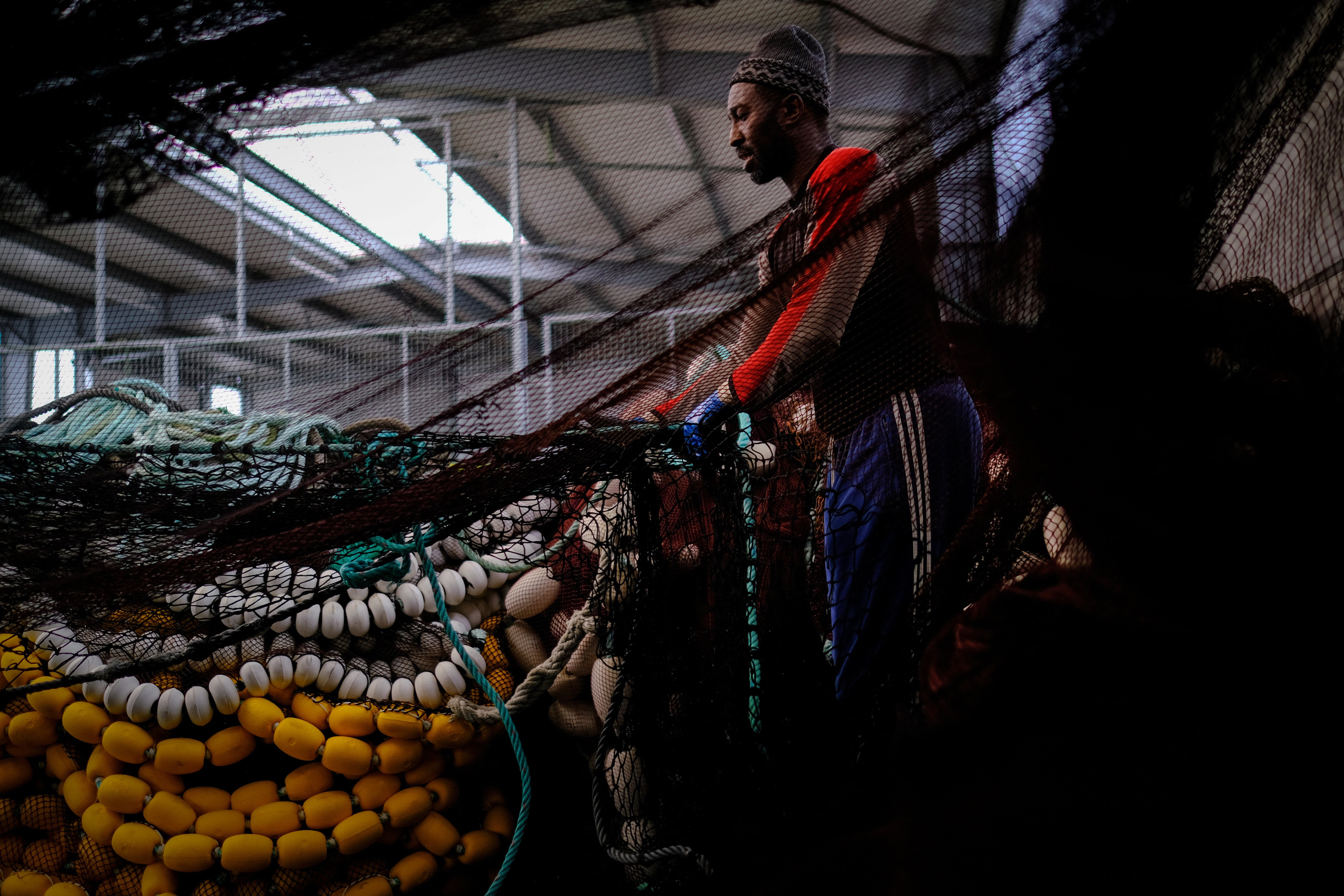
More than 30,000 migrants arrived that year, fleeing poverty exacerbated by a dramatic plunge in coastal fish stocks, partly due to industrial fishing by European Union states, according to academics, NGOs, and migrants.
The 2006 record for migrant arrivals through the Canaries was broken last year. Nearly 7,000 died attempting the crossing in 2023, according to rights group Caminando Fronteras (Walking Borders).
“To see rafts arriving in Spain is very difficult,” said Diouf. “To cross the ocean without knowing what you’re facing – you’re facing death.”

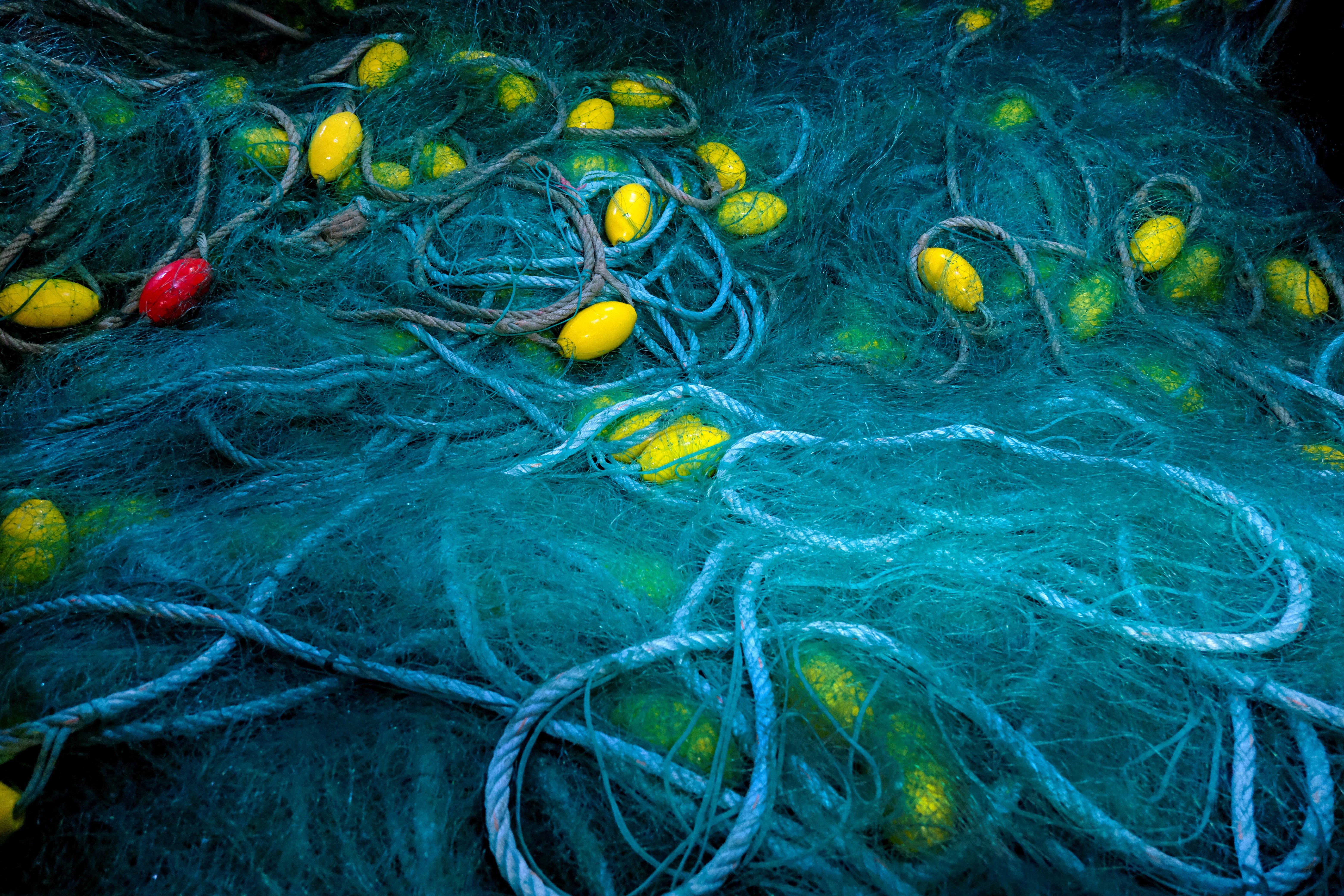
Deprived of his livelihood in Senegal, Diouf ventured north. Today, his fishing experience has secured him a new life in Spain, where the EU’s largest fishing fleet, shunned by ever more Spanish workers, is recruiting foreigners to survive.
The fishing port of Burela has 44 nationalities among its 9,450 residents, including 90 men from Senegal and 244 from Cape Verde, according to the mayor’s office.
Foreign workers make up about seven out of 10 crew in Burela’s fishing fleet, said Juan Carlos Otero of Burela’s boat owners’ association.
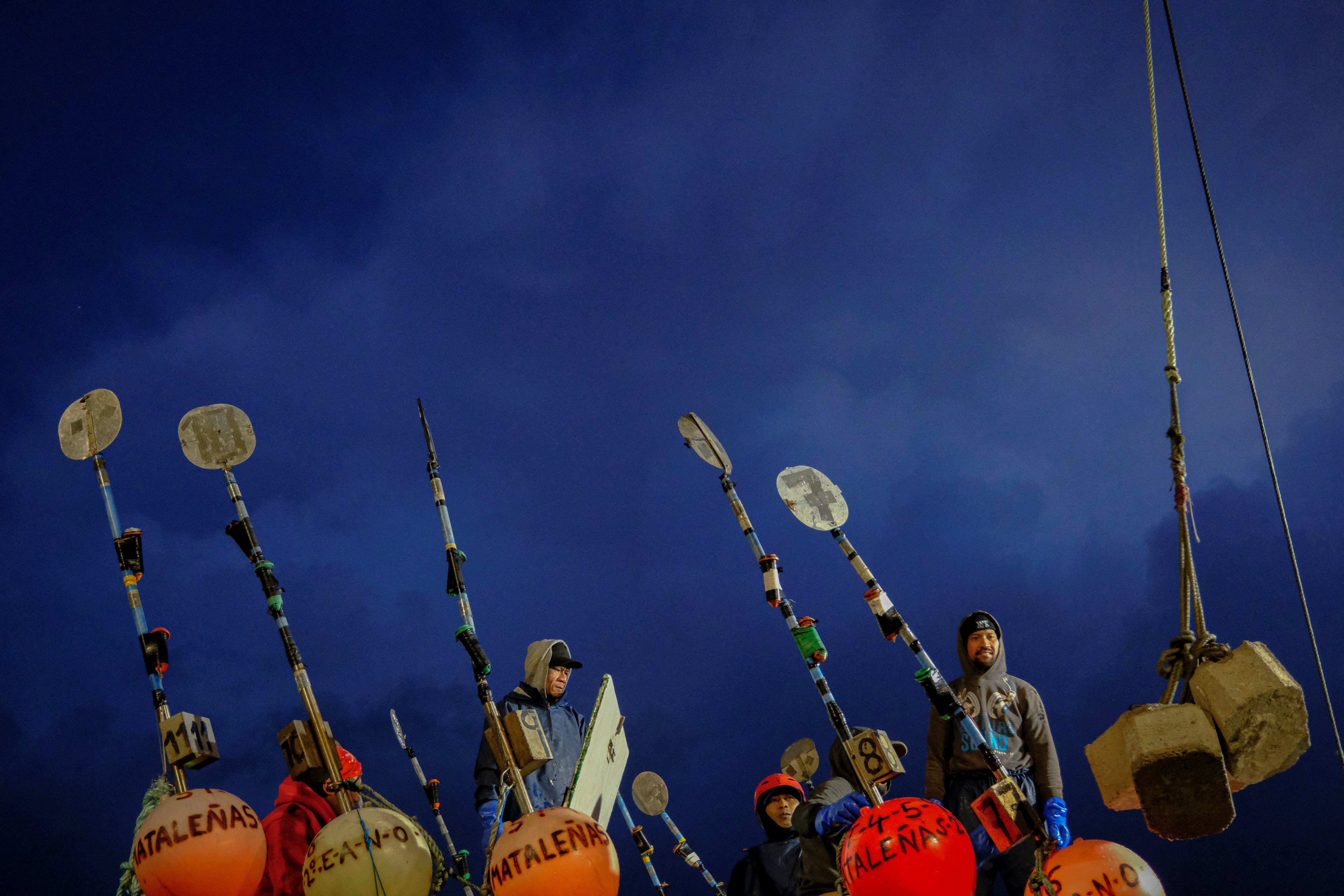
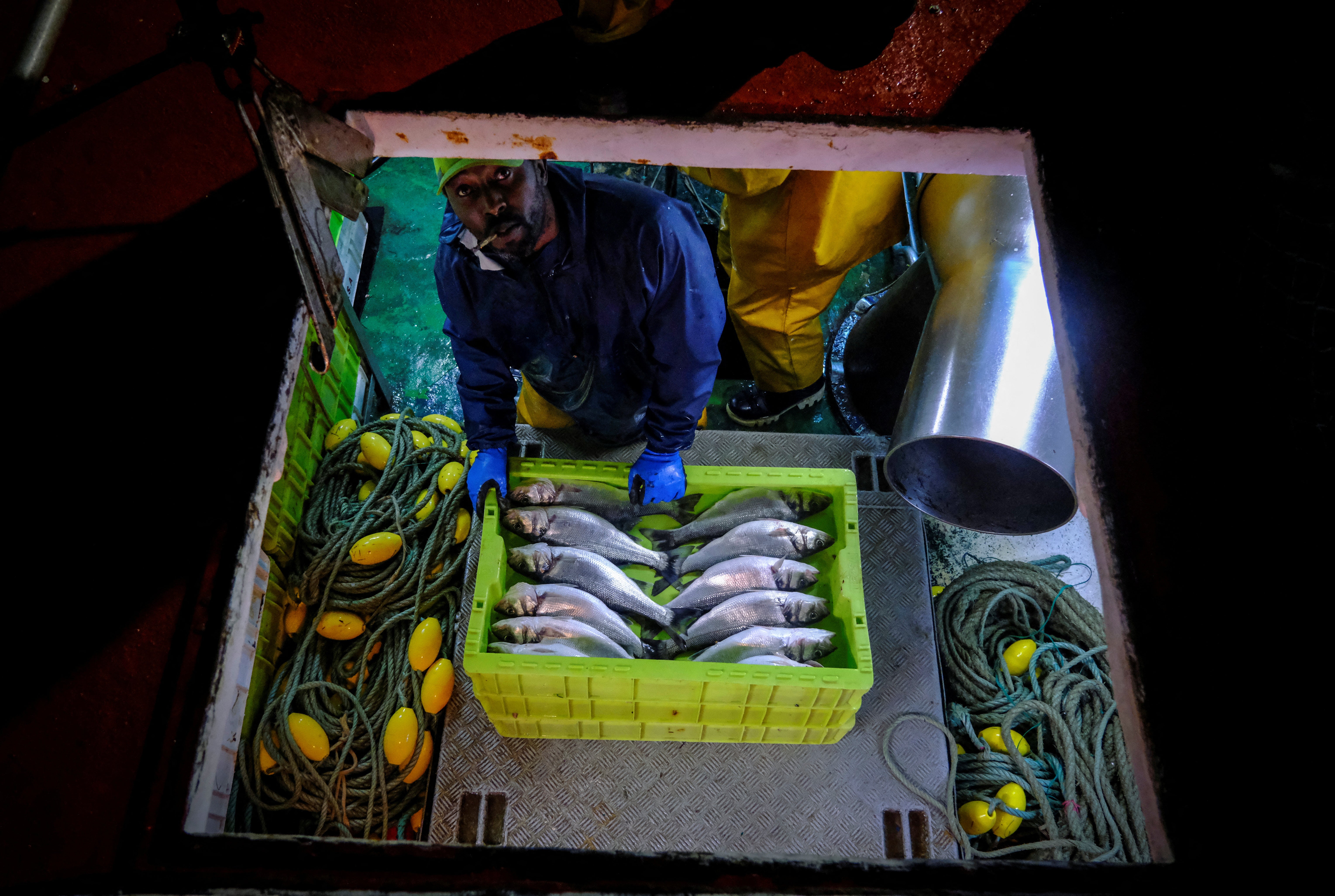
The Peruvians were the first to arrive in 2000 when locals left to work in a new steel plant, said Otero. Indonesians are so valued for their longline fishing skills that boat owners pay for their flights to Spain.
Others, like the Senegalese, find work through word of mouth or by turning up at the dock where, if they have residence permits, they are then offered contracts.
Immigration, largely welcomed by locals, is changing the town. Diouf regularly visits a recently built mosque. Cape Verdean women serve coffee and breakfast at A’Mares, a restaurant in the port.
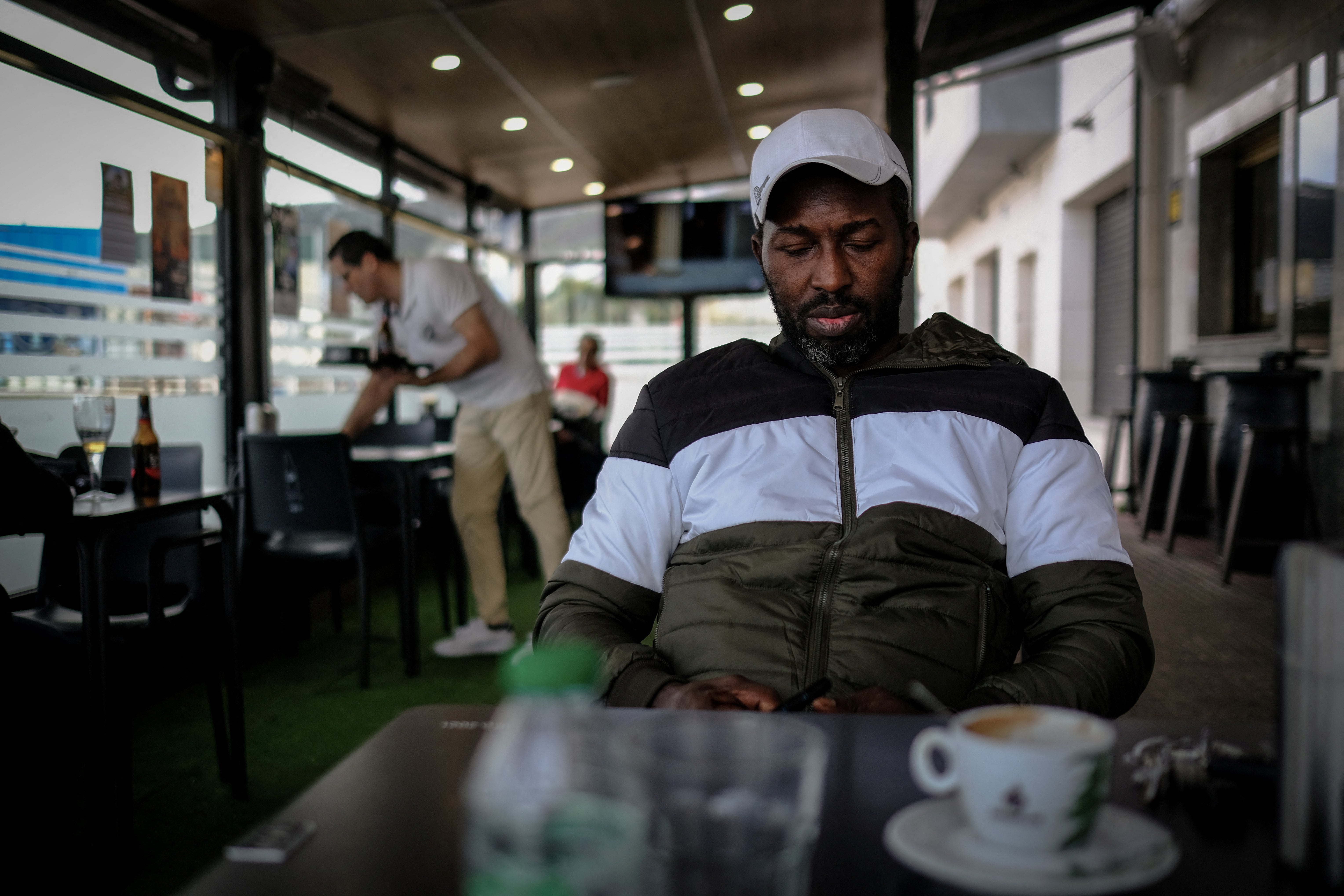
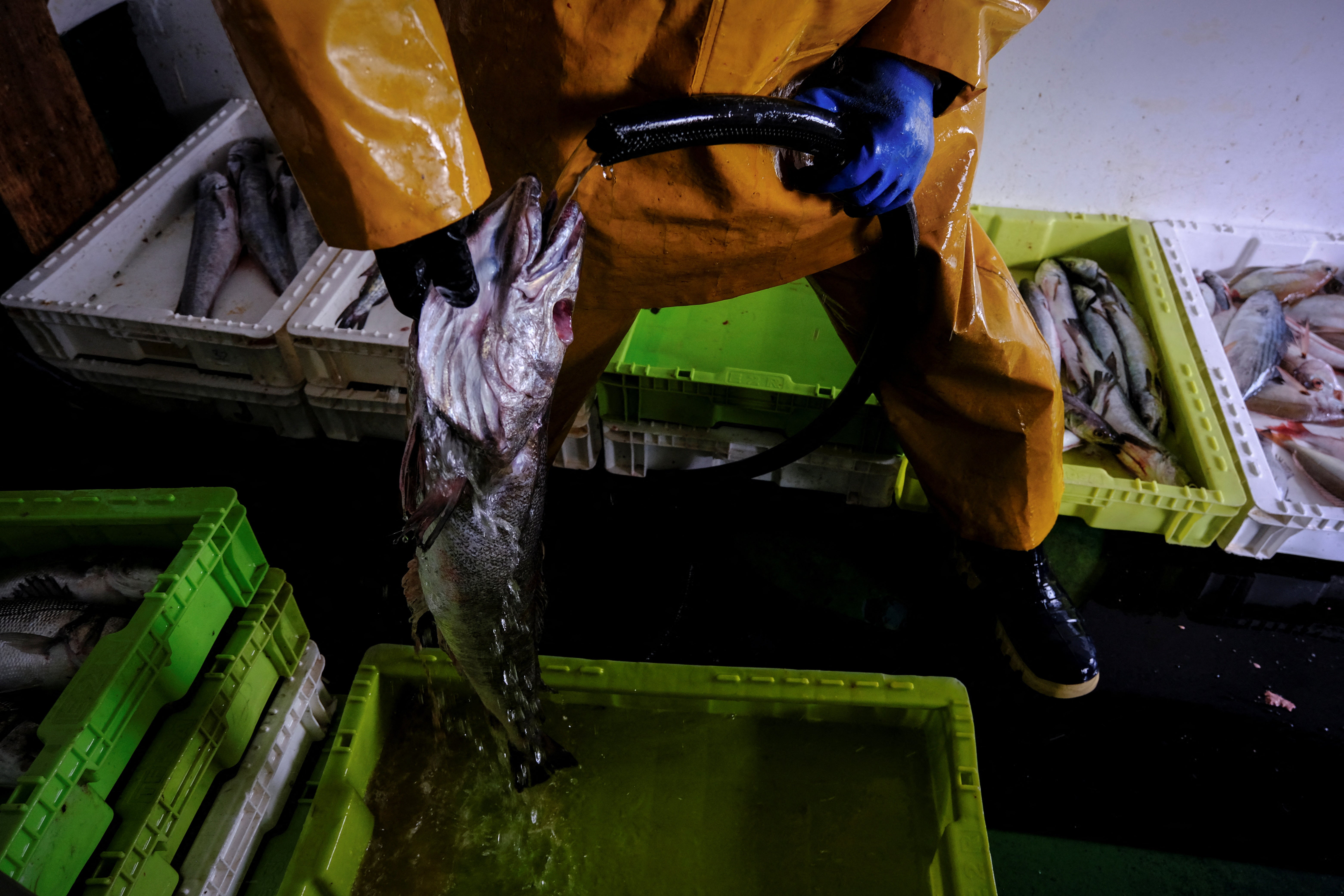
Working alongside Indonesians, Senegalese and Spaniards on the Sarridal vessel, Diouf is a whirl of activity, hauling in nets and cleaning and boxing hake during 14-hour shifts.
The boat’s captain, Francisco Gonzalez, said Spain’s fishing industry can’t survive without migrants.
Reuters
Join our commenting forum
Join thought-provoking conversations, follow other Independent readers and see their replies
Comments
Bookmark popover
Removed from bookmarks